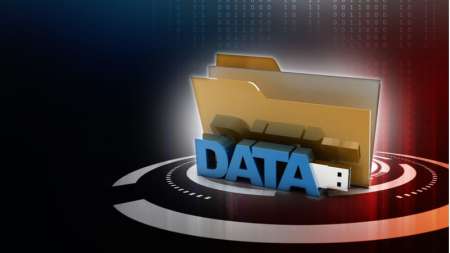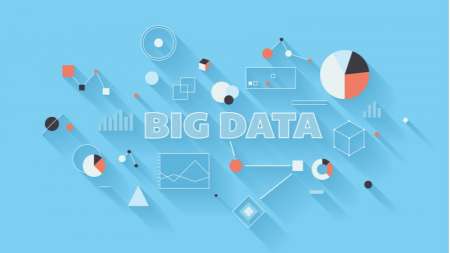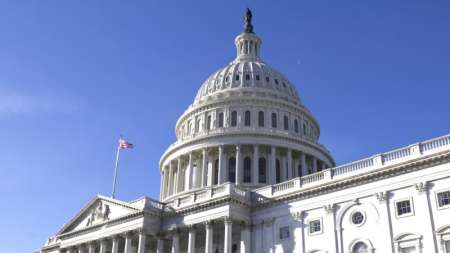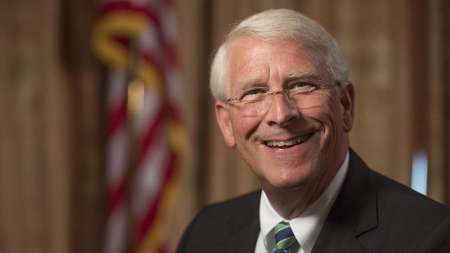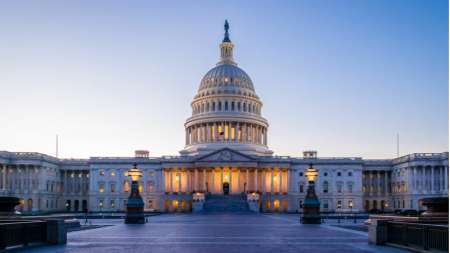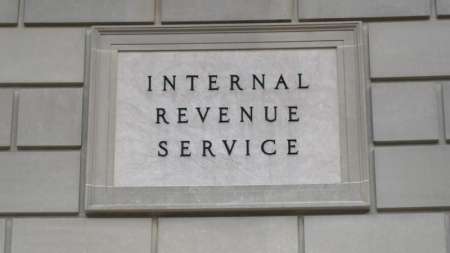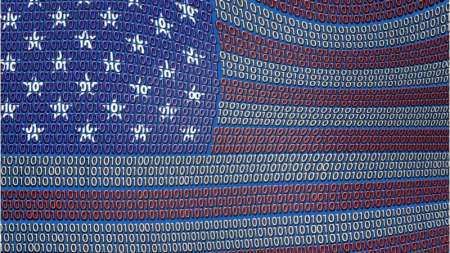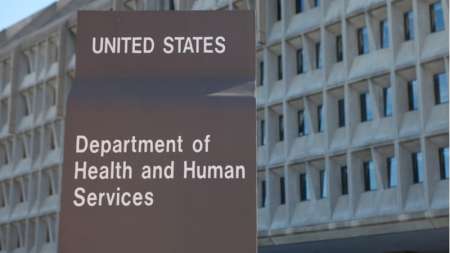Sen. Kirsten Gillibrand, D-N.Y., reintroduced legislation today that would create the Data Protection Agency (DPA), which would serve as an independent Federal agency intended to safeguard Americans’ data and privacy and ensure fair and transparent data practices. […]
The General Services Administration (GSA) has awarded a five-year, $674 million contract to Booz Allen Hamilton to support the growth of the Department of Defense’s (DoD) Advana data analytics platform to improve decision making across the organization. […]
The United States Army Futures Command’s Command, Control, Computers, Communications, Cyber Intelligence, Surveillance, and Reconnaissance (C5ISR) has selected Booz Allen Hamilton to build a data fabric key to the Department of Defense’s (DoD) Joint All Domain Command and Control (JADC2) concept, the firm announced April 20. […]
The Office of Personnel Management (OPM) is looking for a new Chief Data Officer, according to a job posting on USAjobs.gov. The CDO would serve in a dual role, also with the responsibilities of deputy director of Human Capital Management and Modernization (HCMM). […]
The Consumer Financial Protection Bureau (CFPB) first started operations on July 21, 2011, amid the modern data boom. Shannon Files, the director of Enterprise Data Services for CFPB, shared just how the agency built out a data platform as a “startup” agency. […]
The Department of Defense (DoD) is updating its repository for enterprise data, which will now be able to support multiple information systems for the DoD’s defense business enterprise. […]
Officials from the Department of Labor and the Army Corps of Engineers reported this week that their organizations are continuing to make progress on IT modernization despite hurdles created by the COVID-19 pandemic, and are approaching modernization with data as the centerpiece. […]
Several former commissioners of the Federal Trade Commission warned the Senate Committee on Commerce, Science, and Transportation of the consequences of delay in passing a Federal privacy standard during a hearing on Wednesday. […]
MeriTalk caught up with the Center for Democracy & Technology’s Director of the Data and Privacy Project Michelle Richardson, a witness for the committee back in April, to get her take on this week’s Senate hearing, what has changed recently in the privacy world, and the prospects for a Federal privacy standard. […]
A group of Republican senators introduced a bill to create a national data privacy standard, formally bringing forth a bill that had been released as a staff draft almost a year ago. […]
According to a new Government Accountability Office (GAO) report, the Department of Homeland Security’s Immigration and Customs Enforcement (ICE) agency doesn’t comprehensively analyze inspection or complaint information to identify trends, and doesn’t have assurance that complaints are addressed. […]
New data from the Department of Veterans Affairs (VA) shows a substantial increase in the use of online VA healthcare tools amidst the COVID-19 pandemic and stay-at-home orders. […]
Members of the House Committee on Financial Services and witnesses at a July 8 hearing weighed the public health benefits of digital contact tracing to mitigate the spread of COVID-19 against the data privacy concerns of access to personal information. […]
California’s landmark data privacy law, which went into effect in January and gives consumers greater access and control over their personal information, will now be enforced, according to the state’s attorney general. […]
The ability to generate new value through collaborative sharing and analysis of ever-growing data streams represents one of the holy grails of IT modernization. Now that government and private organizations are investing in the requisite infrastructure to make the data-driven future possible, what are the remaining challenges? […]
In selecting which exempt organization returns to examine, the Internal Revenue Service (IRS) should start using data and document the measurable objectives in using it to reduce errors and incomplete procedures. […]
Cost-of-Living-Adjustments (COLAs) from Federal retirement programs, such as Social Security are based on consumer price indexes (CPI) produced by the Bureau of Labor Statistics (BLS), however, the agency hasn’t evaluated whether its data accurately reflects what certain groups pay, purchase, and shop. […]
Three major tech companies – Amazon, Microsoft, and IBM – have recently begun backing away from aspects of their facial recognition technology businesses amid heightened racial bias concerns in the United States. […]
The Government Accountability Office (GAO) identified in a new report 168 new actions that Congress and Federal agencies could to take to improve efficiency and effectiveness across the Federal government, including two new recommendations involving information technology. […]
The data available to those in the Intelligence Community can be likened to water coming from a fire hose. For an IC analyst, the power can be overwhelming, though in order to act effectively, the surge of data must be controlled. […]
The White House Office of Science and Technology Policy (OSTP) and the National Institute of Standards and Technology (NIST) said this week they launched the Text Retrieval Conference (TREC)-COVID program to develop artificial intelligence (AI) tools to analyze a new dataset of machine readable COVID-19 scholarly literature. […]
Originally scheduled as a panel discussion at South by Southwest, three representatives from government agencies shared their work transforming data collections for greater use and benefit. […]
The White House Office of Science and Technology Policy (OSTP) received extensive, machine readable coronavirus data and is now asking artificial intelligence (AI) experts to accelerate answers to high-priority COVID-19 questions from the science community. […]
Sen. Kirsten Gillibrand, D-N.Y., has drafted a bill that would create a U.S. Federal data strategy agency that would protect citizens’ data and have the authority to enforce data practices across the U.S. […]
In a recent report, the Government Accountability Office (GAO) found that the Federal Aviation Administration (FAA) would be able to improve and diversify its workforce through improved data collection and analysis capabilities. […]
The California Consumer Privacy Act (CCPA) that took effect earlier this week will not only erect a higher data privacy bar for citizens of the state, but also may put an important policy stake in the ground for Federal lawmakers who are weighing nationwide data privacy legislation. […]
Industry leaders shared their predictions for 2020 and beyond with MeriTalk, indicating the path to progress will often track uphill, and around plenty of curves. […]
The Office of Management and Budget (OMB) released the finalized version of its 2020 Action Plan for the Federal Data Strategy, setting key actions that agencies and OMB will need to undertake over the next year. […]
Two agency officials involved in the thick of efforts to prepare the government to execute the Federal Data Strategy laid out on Dec. 10 an extensive practical roadmap for embracing the policy’s data innovation mandates. […]
Access to valuable data and the transition to cloud infrastructure could help the Department of Health and Human Services (HHS) access life-saving procedures for patients across the country, according to a presentation by HHS CIO José Arrieta at FCW Workshop: Health IT on Dec. 4. […]

